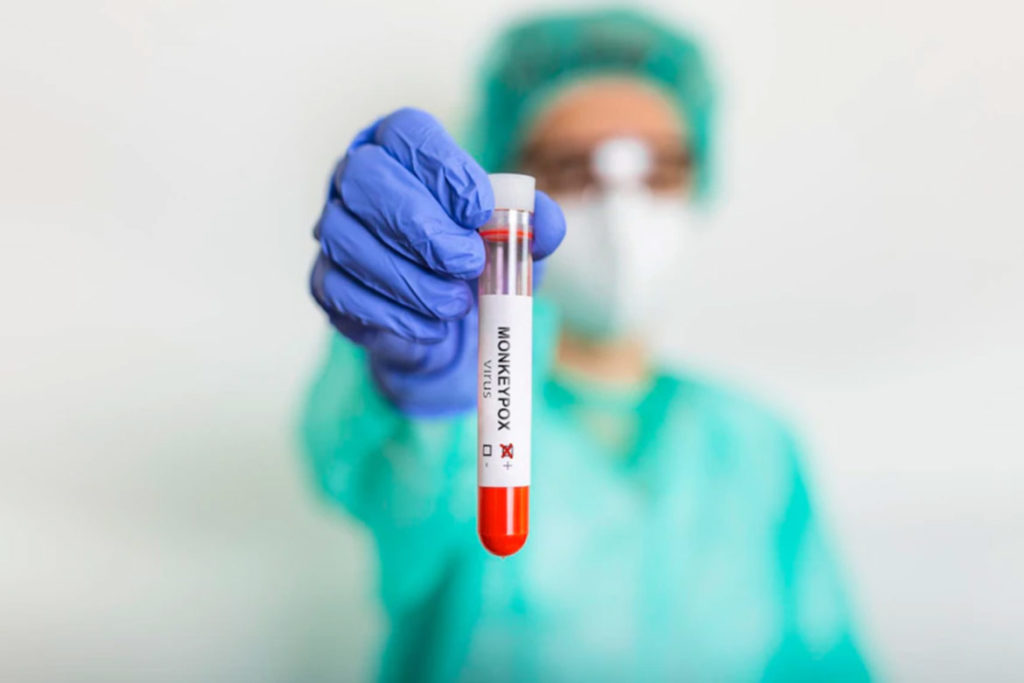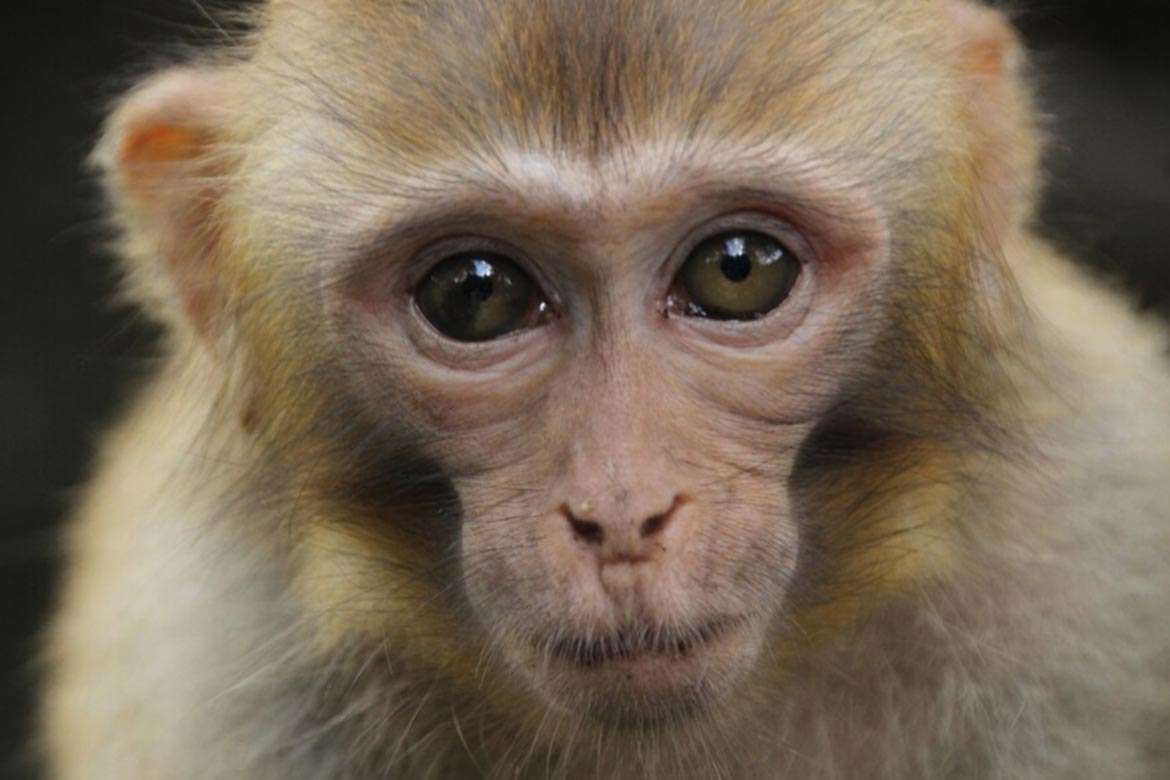Since its breakout in May 2022, monkeypox has attracted a lot of news. The first case of human monkeypox was discovered in the Democratic Republic of the Congo, where smallpox had been eradicated since 1968, in a 9-month-old boy. Mass hysteria has been brought on by this year’s outbreak. Since WHO proclaimed the monkeypox outbreak in May 2022 a global emergency, the panic has grown. A recent study has unveiled some concerning facts about the virus. Have a look.
Virus can be transmitted to animals:
The first instance of monkeypox, in which the virus was spread from humans to animals, has been documented in Paris, the French capital. A comprehensive study on this was published in the medical journal “The Lancet.” It offers evidence of the first known instance of monkeypox virus transfer from a human to a pet. In response, the World Health Organization advised individuals to exercise caution.
Two gay males in France were found to have monkeypox symptoms, according to “The Lancet.” Their pet dog began displaying symptoms of the viral infection after 12 days. It was determined that this 4-year-old dog had monkeypox after it displayed signs like sores and pimples on the stomach. Both men were isolated from their dog after contracting monkeypox.
Virus can linger on household items:

Read more: India This Week: Top 10 National News Of This Week
According to a recent study on monkeypox conducted by the US Centers for Disease Control and Prevention (CDC), the virus can persist on numerous ordinary household items for several days despite routine disinfection, though it is not yet known if this can spread the infection.
The study was done on a residence with two monkeypox patients, who claimed to regularly take showers, wash their hands multiple times a day, and disinfect surfaces. 20 days after the onset of symptoms, researchers still discovered the virus on 70% of high-contact surfaces, including couches, blankets, a coffee maker, a computer mouse, and a light switch, according to the US Centers for Disease Control and Prevention.
However, no live virus was found on any of the objects or surfaces, indicating there is a low probability that infections may spread. Cleaning and disinfection procedures, according to the CDC, may have reduced the level of contamination in the house.
Which people are more vulnerable?
There is no specific population that is more susceptible to monkeypox than any other group of people, unlike coronavirus and other contagious diseases. But as was mentioned, studies show that being in close contact with contagious people puts you at a high risk. Keep the preventive steps in mind, and be sure to keep your distance from anyone exhibiting symptoms of the condition.
